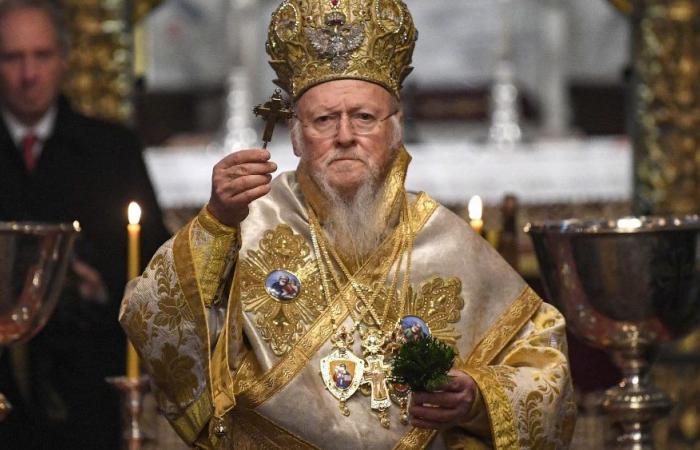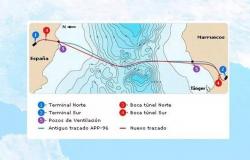The John Templeton Foundation, which announced the prize on April 9, congratulated Bartholomé for “his pioneering efforts to establish a link between scientific knowledge and spiritual wisdom in our relationship with nature. »»
(Zenit / Pennsylvania) – The Prix Templeton 2025 was awarded to the Ecumenical Patriarch Bartholomée de Constantinople, spiritual leader of the Eastern Orthodox Church and visionary voice of the Global Movement for Ecological Justice. The price of 1.1 million pounds pays tribute to a whole life of prophetic government which has redefined the moral dimensions of the management of the environment and challenged religious communities and secular institutions to consider the land not only as a resource, but also as a sacred heritage.
Often designated as the “green patriarch”, Bartholomée is not only the first among his peers in the hierarchy of Orthodox Christian leaders, but also one of the first great religious figures to systematically consider the deterioration of the environment as a spiritual crisis. Decades before climate change went into everyday conversation, it had already started to weave theology and ecology together in a call for moral responsibility towards creation.
The John Templeton Foundation, which announced the prize on April 9, congratulated Bartholomé for “his pioneering efforts to establish a link between scientific knowledge and spiritual wisdom in our relationship with nature”. The Foundation underlined how its tireless commitment to scientists, theologians and political decision -makers contributed to redefine environmental damage not only as a technical or political question, but also as a deep ethical and spiritual failure.
-Heather Templeton Dill, president of the foundation, stressed how the government of Bartholomée illustrates the initial objective of the prize – that its founder, Sir John Templeton, called “progress in religion”. “The Patriarch Bartholomé has placed environmental protection at the center of its spiritual mission,” she said, “demonstrating how religious faith can be a powerful catalyst for scientific understanding and global action”.
Indeed, Bartholomé’s influence has spread far beyond the walls of churches and cathedrals. Thanks to international symposia bringing together environmentalists, climatologists, political leaders and religious scholars, he helped cultivate unity language – a common vocabulary for environmental ethics rooted in respect, not rivalry. One of its most striking theological contributions was its formulation of “ecological sin”, a concept that today shapes the world religious discourse on environmental justice.
For Bartholomée, ecology is not only a question of conservation; It is a form of reverence. “It is not a political or economic question,” he said. “It is above all spiritual. God created the world and told us, not to exploit it, but to take care of it. His words resonate deeply at an increasing era of ecological emergency, when the rise in temperatures and the decrease in biodiversity requires new creativity.
This year’s recognition of this year in the company of former winners like Mother Teresa, the Archbishop Desmond Tutu, Madame Cicely Saunders and the Dalai Lama – people whose work has changed the spiritual landscape of their time. However, Bartholomé’s journey is singularly interdisciplinary. It is held at the confluence of theology and biology, ritual and research, prayer and politics. He is not content to preach on earth, but he raises it to the altar.
What distinguishes his mission is not only his message, but also his method. He is a unifying. A link. Someone who sees faith not as a border, but as a bridge. “We may have different methods,” he noted, “but we share a common vision: saving our planet, the only one we have, and building a life worth living by all men. »»








